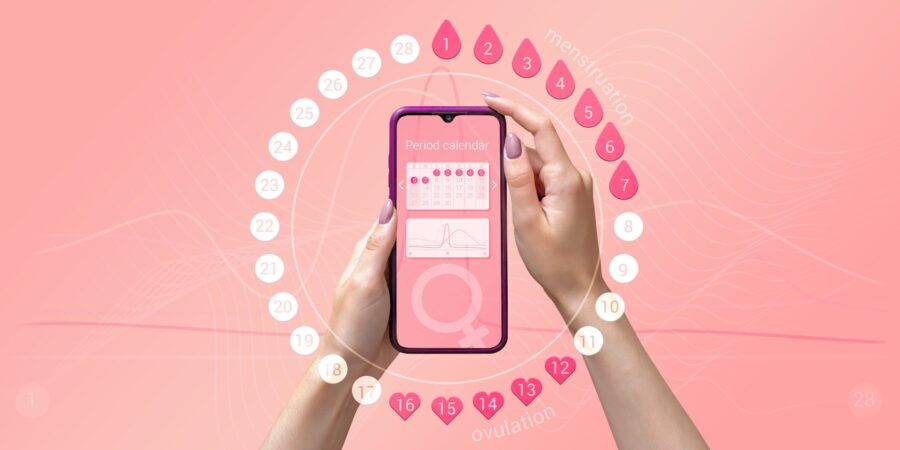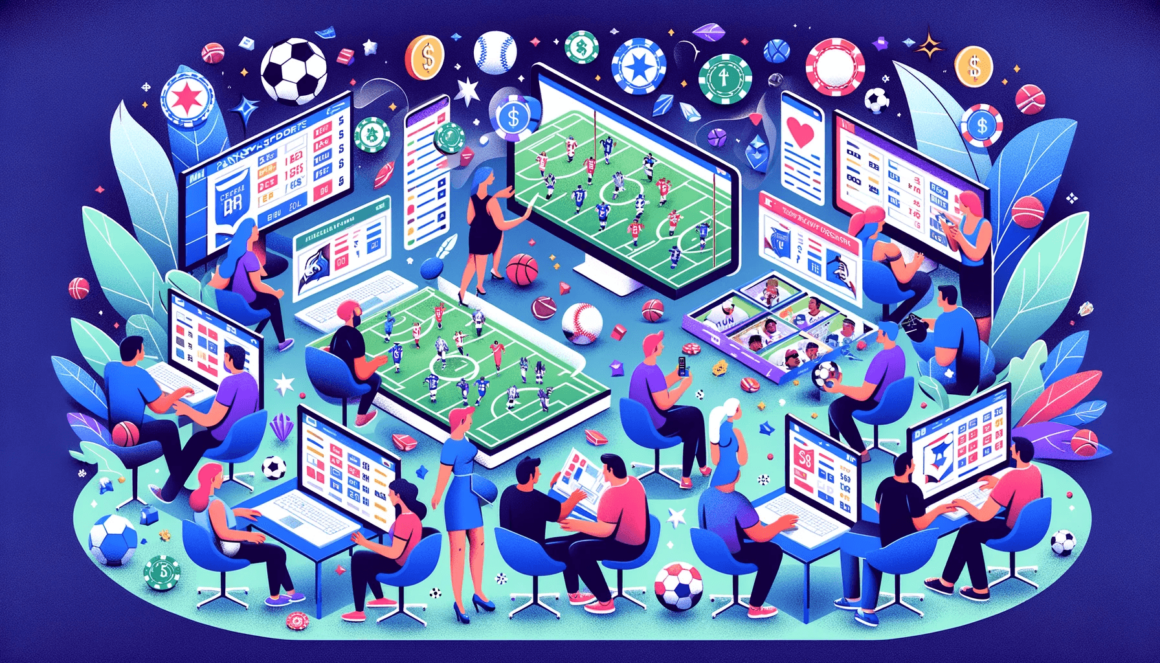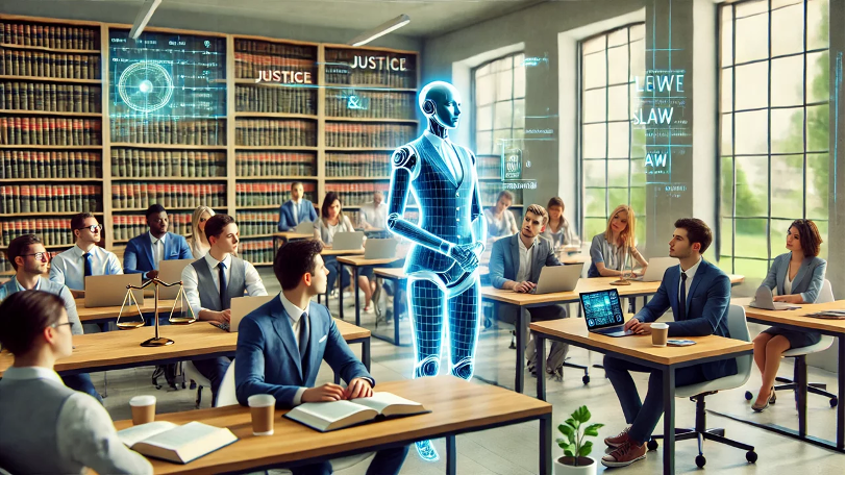Why Do Data Companies Get to Profit Off My Period Cramps?
By: Mollie Turczyn
Data autonomy is premised on the ideology of having free control over your own actions, beliefs, and desires.[1] Generally speaking, autonomy provides a safe space for individuals to experiment with a set of choices instead of being confined to a singular result.[2] As such, individuals are able to think freely, form their own opinion, and make the choice that best aligns with their own belief system without fear of punishment.[3] Thus, autonomy is a key cornerstone of a democratic society.[4] Therefore, a democratic society is threatened when the government eliminates the set of choices to the point there is only one outcome to which an individual is confined.[5]










 The EU AI Act: Pioneering Regulatory Framework for Artificial Intelligence
The EU AI Act: Pioneering Regulatory Framework for Artificial Intelligence